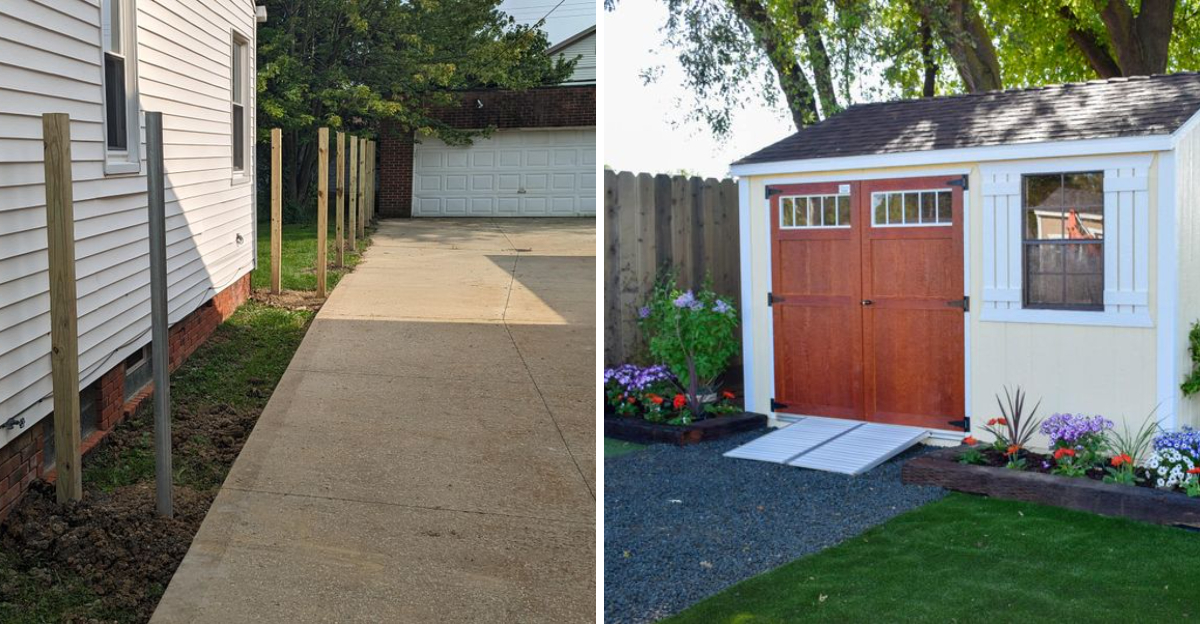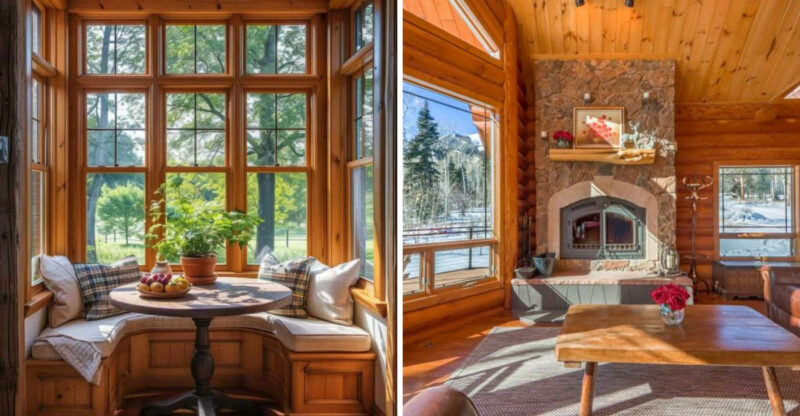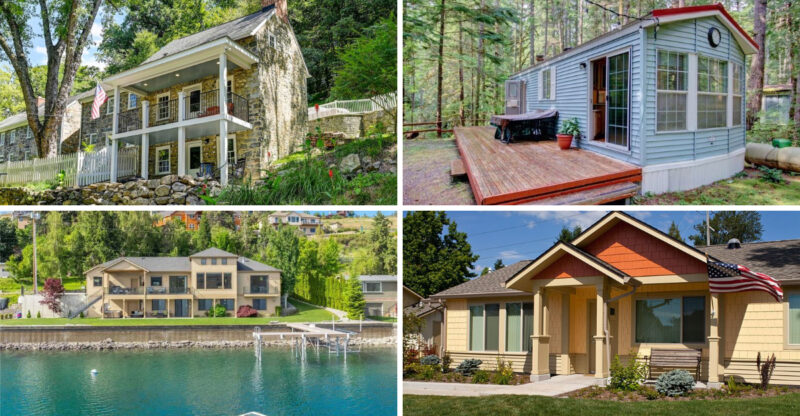Common California Home Features That Could Be Illegal

Your dream home might be hiding some not-so-dreamy secrets. California has strict building codes and zoning laws that many homeowners accidentally violate without even knowing it.
What seems like a harmless backyard shed or a quick DIY electrical fix could land you in hot water with local authorities and cost thousands in fines or repairs.
1. Unpermitted Additions Or Room Conversions
Many homeowners transform their garages into bedrooms or add extra rooms without getting city approval first. It might seem like a smart way to save money, but inspectors can discover these changes when you sell your house.
Your property value could actually drop instead of increase. Cities require permits because they need to make sure your new space meets safety codes for things like ventilation and emergency exits.
Getting caught means paying hefty fines plus the cost of bringing everything up to code retroactively.
2. Accessory Dwelling Units (ADUs) Built Without Proper Permits
Building a granny flat or backyard cottage sounds like a perfect solution for extra income or housing family members. However, skipping the permit process for your ADU is a major violation that California cities take seriously.
These secondary units must meet specific size requirements, setback rules, and utility connections. Without proper approval, your city can force you to demolish the entire structure at your own expense.
Plus, you cannot legally rent it out or claim it adds value during a home sale.
3. Solar Panel Installations Done Without Inspection
Going green with solar panels is fantastic for the environment and your electricity bill. But installing them without city inspection creates dangerous electrical and structural risks that could void your homeowner’s insurance.
California requires licensed contractors to pull permits and have inspectors verify that panels are safely mounted and wired correctly. If something goes wrong and causes a fire or roof damage, your insurance company might refuse to pay.
You could also face fines and be forced to remove the entire system until it passes inspection.
4. Large Fences Or Structures Violating Height Or Spite Fence Laws
Building a tall fence to block an annoying neighbor might feel satisfying in the moment. California’s spite fence laws prohibit structures built maliciously to annoy neighbors or block their views and sunlight.
Most cities limit front yard fences to around three feet and backyard fences to six feet without special permission. If your neighbor complains and proves your fence serves no reasonable purpose except to bother them, courts can order you to take it down.
You might even have to pay their legal fees, too.
5. Backyard Sheds Or Play Structures Exceeding Size Limits Or Without Permits
That cute playhouse or storage shed from the hardware store seems innocent enough when you assemble it on a Saturday afternoon. Cities regulate the size and placement of these structures because they affect drainage, fire safety, and property lines.
Structures over a certain square footage typically need permits and must sit a specific distance from your property boundaries. Placing one too close to your neighbor’s fence or making it too large can result in removal orders.
Always check local rules before breaking out the toolbox.
6. Patios Or Hardscape Violating Impervious Surface Rules
Covering your entire backyard with concrete or pavers creates a lovely entertainment space but might violate stormwater management rules. California cities limit how much of your lot can be covered with impervious surfaces that prevent rainwater from soaking into the ground.
Too much hardscape causes flooding problems in your neighborhood and overloads drainage systems. You might need to install special permeable pavers or drainage solutions to stay legal.
Ignoring these rules can result in fines and mandatory removal of your beautiful new patio.
7. Missing Smoke Alarms Or Carbon Monoxide Detectors
It sounds almost too basic to be illegal, but California has strict requirements about where and how many smoke and carbon monoxide detectors you need. Every bedroom must have a smoke alarm inside it, and carbon monoxide detectors are required near sleeping areas.
If you sell your home, inspectors will check for these devices and you cannot close the sale without them. More importantly, missing alarms put your family at serious risk of injury or death from fires and gas leaks.
These inexpensive devices literally save lives.
8. Improper Electrical Upgrades Or Unlicensed Wiring Work
DIY electrical work might save money upfront but creates massive safety hazards and legal problems down the road. California requires licensed electricians to perform most electrical upgrades and pull permits for inspection.
Faulty wiring causes thousands of house fires every year and can electrocute family members or firefighters. When you sell your home, unpermitted electrical work will show up in inspections and scare away buyers or force you to hire professionals to fix everything.
Your insurance might also deny claims for fire damage caused by amateur wiring.
9. Swimming Pools Without Proper Safety Barriers Or Permits
Installing a pool without permits or proper fencing is incredibly dangerous and illegal throughout California. State law requires pools to have barriers at least five feet tall with self-closing, self-latching gates to prevent young children from wandering in.
Drowning is a leading cause of death for California kids, so these rules are strictly enforced. If a child drowns in your improperly secured pool, you face criminal charges in addition to devastating civil lawsuits.
Cities can also fine you daily until you install compliant fencing and obtain retroactive permits.
10. Illegal Short-Term Rentals Not Registered With Local Authorities
Renting your home on vacation rental platforms seems like easy money until the city discovers you are operating illegally. Most California cities require short-term rental permits and impose strict rules about how many days you can rent annually.
Operating without registration can result in fines of thousands of dollars per violation, and some cities charge penalties for each illegal night. Your neighbors can report you if your guests cause noise or parking problems.
Cities are cracking down hard on unregistered rentals to preserve housing stock and neighborhood character.
11. Encroachments On Easements Or Neighboring Property Without Approval
Building a fence, shed, or driveway that crosses onto your neighbor’s land or blocks an easement creates serious legal headaches. Easements give utility companies or neighbors legal rights to cross your property for specific purposes.
If you block access, they can sue you and force removal of whatever you built. Similarly, encroaching even a few inches onto a neighbor’s property gives them the right to demand you tear down your structure.
Always get a proper survey before building anything near property lines to avoid expensive mistakes.






